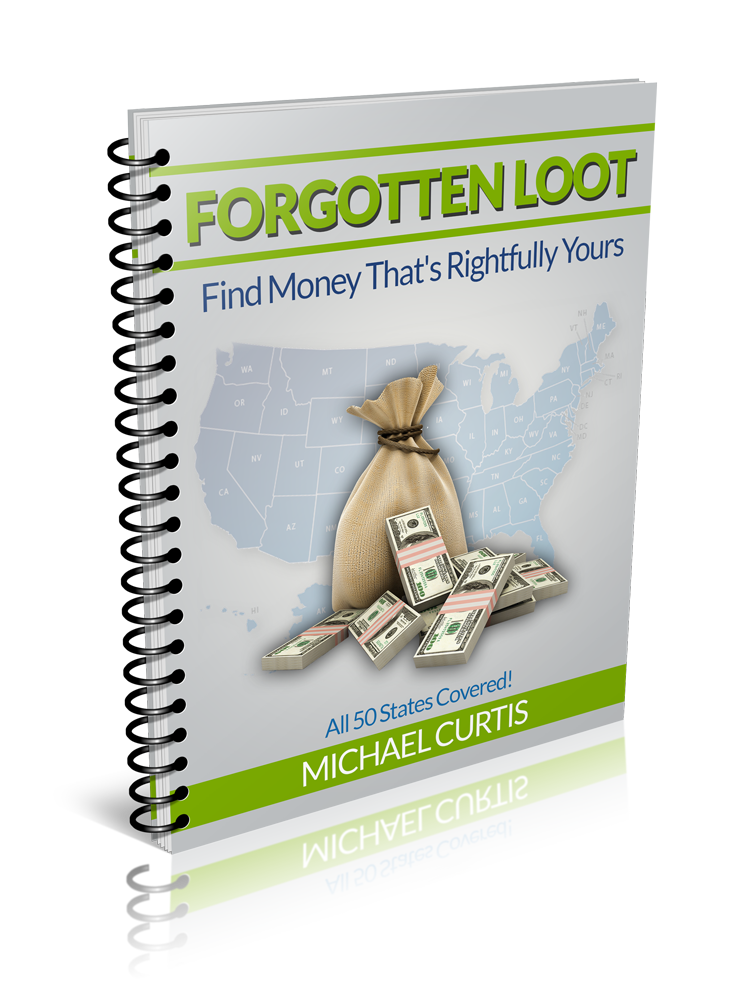
In most jurisdictions, anyone can search for unclaimed property. You don’t need to be the owner of the unclaimed property to conduct a search. The ability to search for unclaimed property is open to a wide range of individuals and entities, and it’s encouraged for the following reasons:
Property Owners: If you are the rightful owner of unclaimed property, you can search to find and claim your assets. This is the most common scenario, as many people may have forgotten about or lost track of various assets over time, such as dormant bank accounts, uncashed checks, or unclaimed insurance benefits.
Heirs and Beneficiaries: In cases where the original owner of the property has passed away, heirs and beneficiaries can search for unclaimed assets, such as unclaimed life insurance policies or inheritance funds, which may have been overlooked.
Legal Representatives: Attorneys, estate executors, or other legal representatives can search for unclaimed property on behalf of their clients or the estates they manage. This is especially relevant in probate and estate settlement cases.
Businesses: Companies can also search for unclaimed property, particularly when they have outstanding checks, uncashed dividends, or unclaimed deposits. Businesses have a legal obligation to report and remit unclaimed property to the appropriate authorities.
Nonprofit Organizations: Nonprofit organizations may have unclaimed property in the form of donations or endowments that were forgotten or not properly allocated. These organizations can search for and claim these assets to further their missions.
Government Agencies: Government agencies, including federal, state, and local authorities, may also have unclaimed property. They can search for and claim assets that belong to them or to the public for various purposes, such as funding public services.
To search for unclaimed property, individuals and organizations can typically use online databases provided by their relevant state or national unclaimed property programs.
These databases are accessible to the public and allow users to search for unclaimed assets by entering their names or other identifying information. The process is generally straightforward and free of charge.
Keep in mind that unclaimed property programs are typically managed at the state level in the United States, and each state has its own program and database. If you suspect you have unclaimed property, it’s a good idea to search in the state where you or the asset was last associated.
The process of claiming unclaimed property may vary depending on the jurisdiction and the type of asset. Typically, you’ll need to provide proof of ownership and complete a claims form.
For certain assets, such as a dormant bank account, you may be required to provide additional documentation, such as a valid ID and a social security number.
It’s important to note that unclaimed property databases and regulations may change over time, so it’s a good practice to check the official website of your state’s unclaimed property program or contact them directly for the most up-to-date information and instructions on searching for and claiming unclaimed property.


No Responses